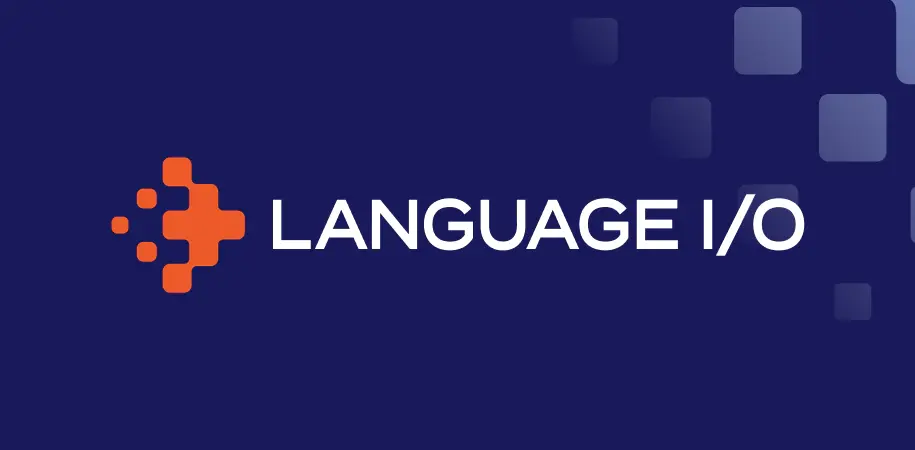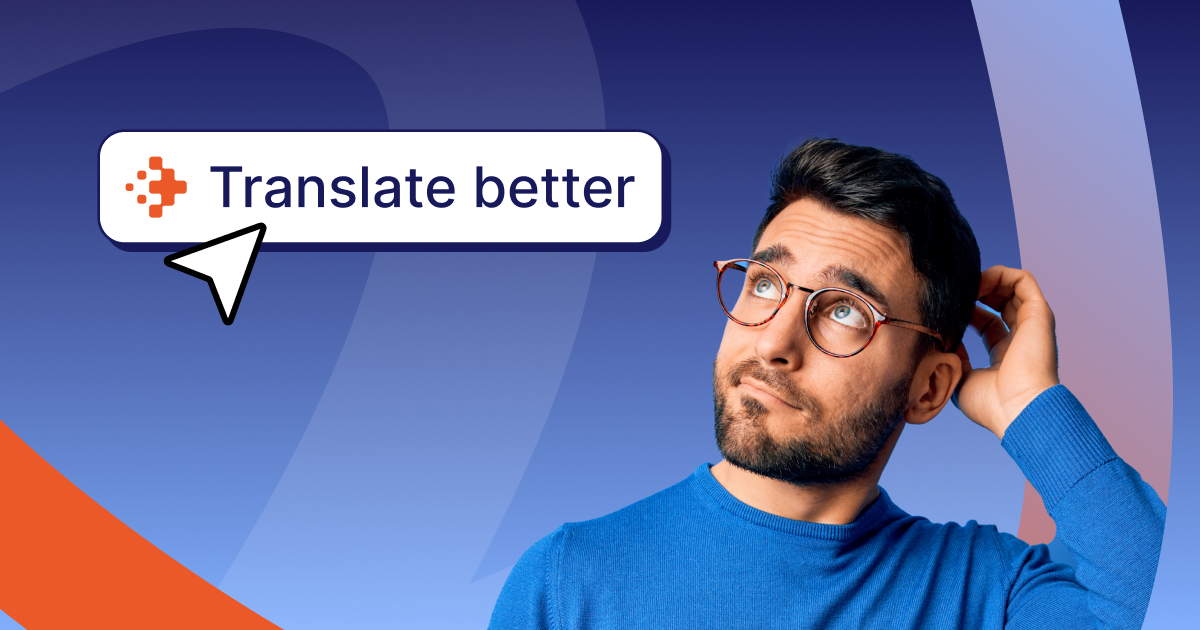The Language I/O Meet Our Translators series attempts to showcase the great minds behind our outstanding professional human translations. Professional human translation is a component of Language I/O’s business model that separates it from competitors who use crowdsourcing rather than professional translators, to provide human translations. Today we speak with Mehmet, a Turkish translator who works from Canada.

Some could say Mehmet’s future as a translator was established by his upbringing. Mehmet grew up in Izmir, a charming Turkish village on the Aegean Coast that was heavily influenced by Greek culture during the Ottoman empire when the Greeks were predominant in Izmir.
“We are basically under the impact of Greek culture, but Izmir is part of Turkey,” Mehmet said. “Because of the way our city was developed, it became a culture that was very open to other parts of the world and other people.”
Mehmet was born in Germany where his parents continued living and he was educated in Turkey, visiting his parents in Germany during summers. When Mehmet was seven, he started working with an English tutor at his grandmother’s home in Izmir. Although he had been learning English in school, the help of a tutor quickly moved Mehmet past basic tourist phrases like “Mr. and Mrs. Brown are going to the seaside.”
In college, Mehmet majored in international relations working within a department that spoke English but did not include any native English speakers.
“I was slapped in the face by the truth of the level of my English when I graduated and started spending time with native English speakers,” Mehmet said.
In 1999, Mehmet started work on his master’s degree at King’s College in London.
“I started realizing that the high scores we received for English in Turkey literally meant nothing,” he said. “I didn’t know how to use the verbs in daily speaking and hadn’t been interacting with any native English speakers who do not go by the grammatical rules we follow when we are trying to speak proper English.”
On Mehmet’s first day in London he got on a train and was asked if he had retained his ticket.
“I said, I don’t know what that means,” said Mehmet. “The man looked at me and said, ‘Why did you come to England to study English when you don’t even know what retain means?’ It was a very tense moment for me.”
As anyone who has lived in a foreign country speaking a second or third language can attest to, assimilation to language and culture can be painfully slow. But Mehmet continued with his studies and improved his English to level where he was able to start translating.
“There are some phrases or words in English that cannot be translated into Turkish,” Mehmet said. “Like the word alas. Alas has no literal translation in Turkish so you have to use five to six words in Turkish to explain one word of English.”
These are the nuances that machine translation engines can’t catch.
“Turkish is considered one of the most poetic languages in the world,” Mehmet said. “We like to use our feelings when we speak so sometimes with Turkish to English translations we have to think about how to make the translation more mechanical. You always need to integrate into the society you’re translating for.”
Mehmet loves doing translations and is quite happy to sit at home translating large documents. His two daughters love it as well because translating means that he spends more time at home.



